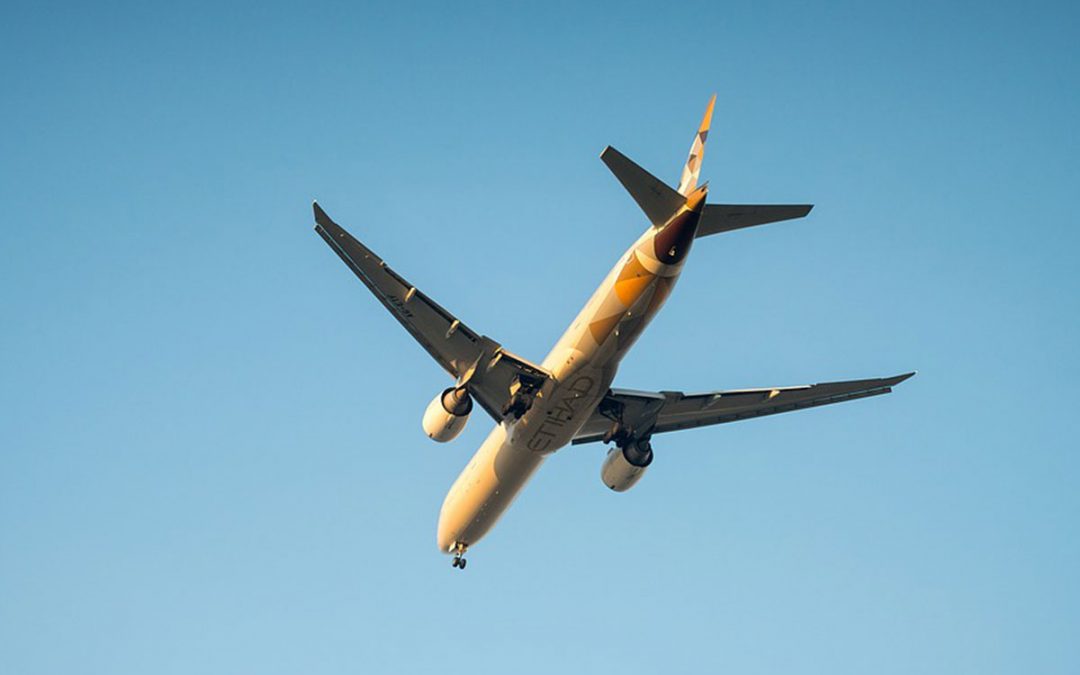A bill that would reauthorize spending for the Federal Aviation Administration is nearing finalization with an agreement reached this week by House and Senate Committee leaders. The bipartisan agreement would keep airport funding through the Airport Improvement Program stable over five years.
In an even bigger blow to the airport industry, the proposal does not include an increase to the cap on passenger facilities charges.
The airport industry has been lobbying for years for an increase to the PFC cap, currently at $4.50. Industry executives claim the increase is necessary to ensure funding availability for the more than $100 billion in infrastructure improvements needed through 2021.
The agreement, if passed by both houses of Congress and signed by President Trump, will authorize spending for FAA for five years. It will keep airport funding levels stable at $3.35 billion annually. The bill also includes an increase in funding for FAA facilities and equipment by $370 million over five years and adds more than $1 billion to fund FAA operations. Reforms to the air traffic control system were left out of the bill.
The agreement attracted criticism from the airport industry’s two major trade groups. Kevin Burke, president and CEO of Airports Council International – North America, and Todd Hauptli, president and CEO of the American Association of Airport Executives, issued a joint statement.
“There’s no sugar-coating the fact that the long-term FAA reauthorization bill that the House and Senate will soon consider will do nothing for airports and travelers eager to see modernization of aging airport facilities,” the two executives said. “The airport industry cannot get behind this proposal given the flat federal funding level, continued federal interference with local airport financing flexibility and new federal mandates.
“In even the best-case scenario, this measure keeps airports stuck in neutral for the next five years by failing to address the fact that more travelers are taking to the skies thus further crowding outdated terminals and tarmacs,” they continued. “Washington can best help by getting out of the way and letting airports address their needs locally, and we remain committed to convincing a future Congress to adopt the approach that puts the good of the traveling public and communities across the country first.”
Other stakeholders call it a missed opportunity. Marc Scribner, transportation policy expert at the Competitive Enterprise Institute, a free market public policy organization, said the proposed bill will “largely continue the unacceptable status quo in aviation policy.”
“Until we have a Congress prepared to address major structural issues related to air traffic control and airport policy, we will continue to lack a path forward in modernizing U.S. aviation for the 21st century,” Scribner says. “We hope future leadership understands the magnitude of this problem and is open to solutions we know to work in the rest of the industrialized world.”
House Transportation and Infrastructure Committee Chairman Bill Shuster (R-Pa.) heralded the agreement, saying, “The FAA needs the long-term certainty provided by this bipartisan agreement, and America’s airport infrastructure, air travelers, and innovators across our aerospace industry will benefit from these improvements. ”
The proposed bill also makes changes to federal disaster programs and includes reauthorizations and reforms of the Transportation Security Administration and the National Transportation Safety Board.







